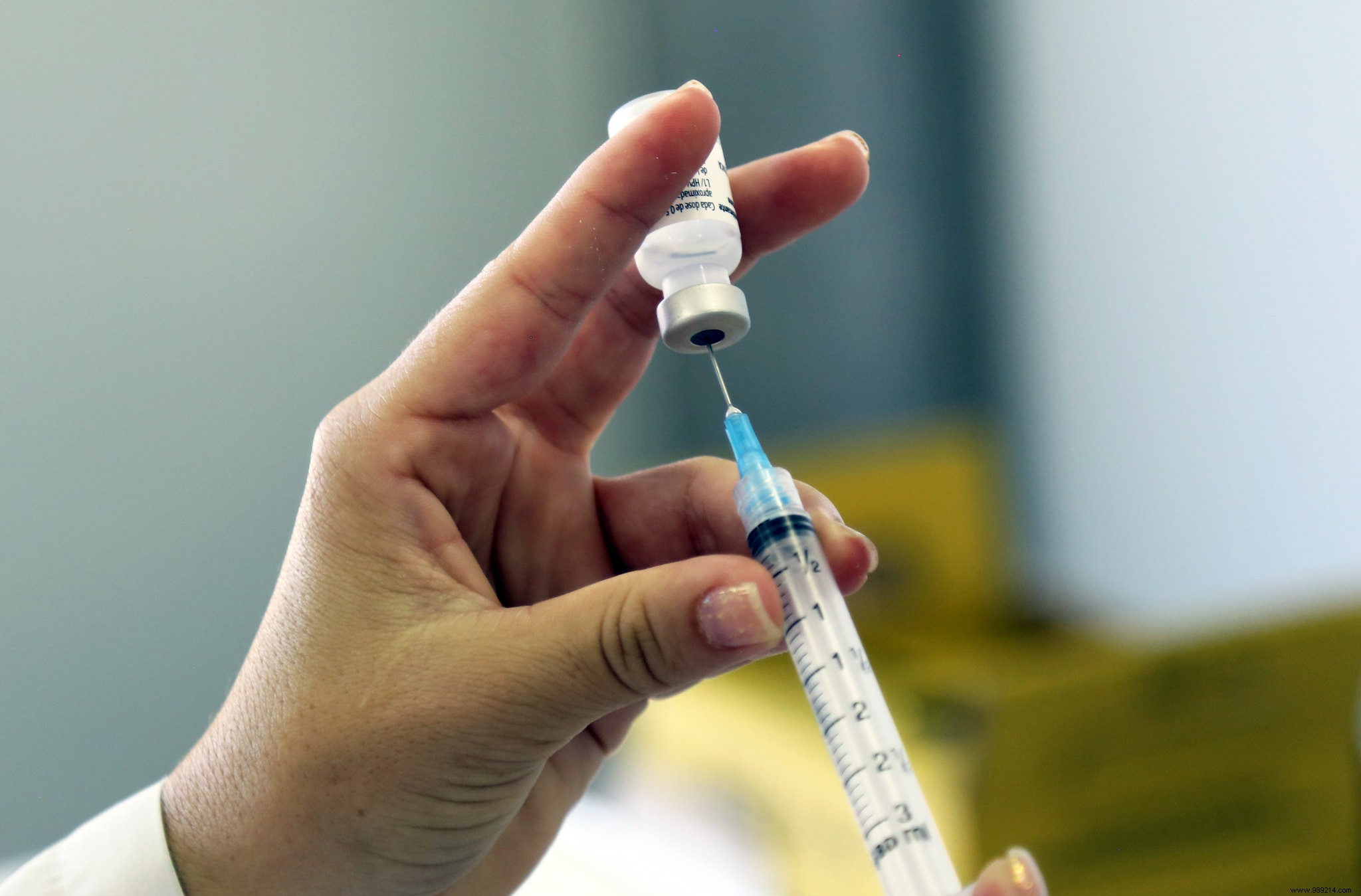What if certain antibodies produced by our body did not protect against SARS-CoV-2? Italian researchers believe that it is possible that, on the contrary, these same antibodies facilitate the appearance of a second infection.
A team of researchers affiliated in particular with the Public Health Department of Treviso (Italy) published a commentary in the BMJ Global Health on June 11, 2020. It is about “biphasic” Covid-19 infections . Some patients indeed show mild symptoms at the onset of the disease, but about ten days later a severe form is declared, much stronger and more serious.
According to the researchers, it could be a reinfection, again with SARS-CoV-2 or another coronavirus. It is about an immune dysfunction due to the presence of "facilitating" antibodies. These would then increase the vulnerability of the organism instead of protecting it. The fact is that if the hypothesis on this mechanism is proven, the negative consequences on the development of a vaccine could be cumbersome!

The hypothesis of the Italian researchers is based on several observations. First of all, they are surprised that their country was one of the most affected in the world during the first wave. The fact is that countries such as Japan and Germany have an older population and therefore, in theory, more at risk. However, these same populations were less impacted. In addition, only the first three cases of Covid-19 in Italy were imported from outside the country. Thus, it is possible that the coronavirus was already circulating in Italy weeks before the first patient was identified.
Scientists believe that more serious forms of Covid-19 may have their source in repeated cycles of infections within a community. What is more with regard to people at risk such as the elderly and nursing staff.
A first infection generates production of antibodies , a perfectly normal reaction. Remember in passing that antibodies recognize the virus and attach its other end to an immune cell in order to destroy it. On the other hand, in the case of a second infection, the antibodies would not work in the same way, this time facilitating the installation of the virus.
The authors of the comment therefore believe that this explains the biphasic infections regularly observed around the world. The hypothesis would also provide an answer to questions about cytokine storms. This is an immune response that degenerates into a violent inflammatory reaction , the cause of the death of many cases of Covid-19.
The reasoning of the Italian researchers seems reliable and credible but it is incumbent to verify the hypothesis with results . While waiting for a study to confirm the latter, the question of the impact on the development of a vaccine already arises. Remember that the purpose of a vaccine is to simulate a first infection so that the body produces protective antibodies. On the other hand, if these same antibodies do not protect against a second infection and, even worse, make it easier for him, the vaccine would then generate a perverse effect.
Questioned by Sciences et Avenir in an article of July 21, 2020, Morgane Bomsel, research director at the CNRS, mentions certain vaccines under development . The person concerned indicates that the Moderna vaccine generates neutralizing antibodies but this company has not (yet) verified the absence of facilitating antibodies. As for the vaccine from the University of Oxford (United Kingdom) and that of a laboratory in Wuhan (China), it is a question of good tolerance and the appearance of an immune reaction. However, again, no one knows if facilitating antibodies are present.